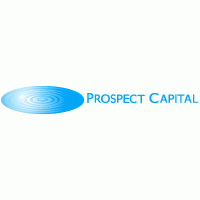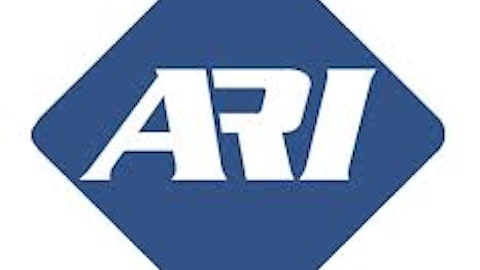
Insider buying tends to be a bullish sign for a stock because the insider is choosing to invest in the same company they work for rather than diversifying their income streams by investing somewhere else. It therefore reflects a good deal of confidence in the business (read our review of academic studies on insider trading). Oswald roughly doubled his stake in the company with this purchase, so his commitment of about $275,000 is even more significant. About a year ago he had purchased shares at an average price of $8.69 and the stock has risen 34% in the last 52 weeks (outperforming the market), so this particular insider has a good record of knowing when to buy the stock. See a history of Oswald’s purchases or research all insider buys at Prospect Capital.
Prospect Capital Corporation (NASDAQ:PSEC)’s most recent 10-K for the fiscal year ending June 30, 2012 reported a large increase in investment income compared to the previous year. Interest and dividend income both rose, fueling an 89% rise in investment income and a 98% increase in net investment income (which is calculated by deducting investment-related expenses). Following the company’s decision in 2007 to limit its exposure to the energy sector (it had previously committed to investing 80% of its net assets in energy companies) it is now fairly diversified with less than 20% of its portfolio exposed to energy. Currently about 52% of its assets are invested in senior secured debt and 23% in subordinated secured debt.
From an investor’s point of view, this insider purchase isn’t the most immediately appealing aspect of Prospect Capital Corporation. That would be the enormous dividend yield of 10.5% (at current prices). While investors should be warned that the taxation of this dividend is complicated from a legal point of view, the fact that the company pays monthly dividend checks of just over 10 cents per share should assure us that it is committed to returning capital to shareholders. Prospect Capital also trades at 7 times trailing earnings, which seems cheap for a growing company paying such a generous dividend yield.
Apollo Investment Corp. (NASDAQ:AINV) and American Capital Ltd. (NASDAQ:ACAS) are two similar companies in the asset management industry. American Capital does not pay a dividend to shareholders of its management company, while Apollo’s yield is 9.8%. On a forward basis Prospect is priced at a similar level to Apollo and American Capital as all three are bunched between 9 and 12 times estimated earnings per share even though both of these companies have had a tougher time growing their business recently. We would say that Prospect is probably the best buy of the three. Prospect actually has a moderate dividend yield compared to companies who operate as real estate investment trusts- Annaly Capital Management, Inc. (NYSE:NLY) pays 12.5% and Chimera Investment Corporation (NYSE:CIM) pays 13.6%- and we think it should be compared to these companies as well for the benefit of income investors. These peers tend to run a bit cheaper than Prospect: their forward earnings multiples are 9 and 6, respectively. If investors aren’t worried about the exposure to real estate, as opposed to Prospect’s more diversified investments, the REITs may be better values as well as good income stocks.

